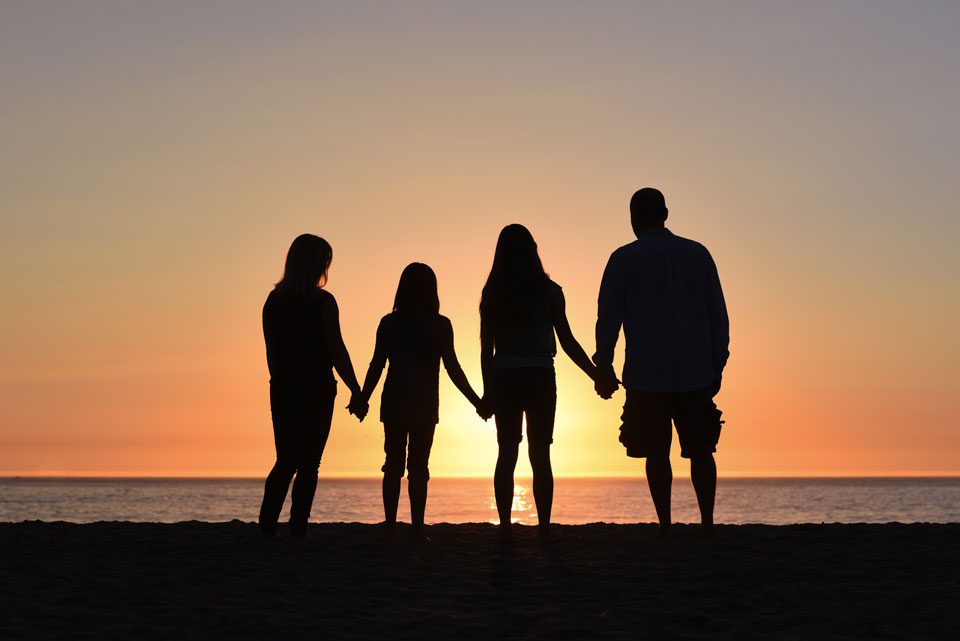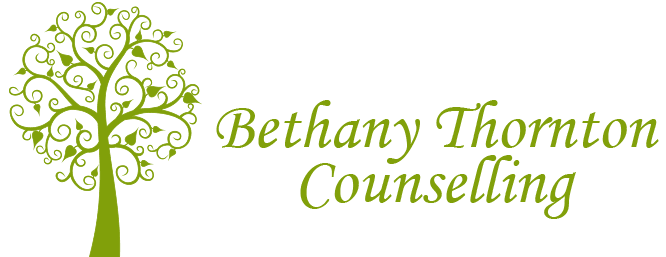Family Issues
The old saying ‘you can choose your friends but you can’t choose your family’ may conjure up a wry smile or a sigh of resignation in some, especially when they’ve hit a rocky patch in family life and are aware it’s a time to keep calm (or grit your teeth) and carry on. That’s quite normal and a natural part of navigating the path of life – it has its ups and downs, twists and turns.
However, there can be times when it gets so hard that you have no idea how on earth the path will ever take an upwards turn or if there’s really any light at the end of the tunnel. Family life can be very complex, especially when problems don’t always come along one at a time at a steady and manageable pace. If you’re thinking ‘help, I’m a family member, get me out of here!’ then please read on, even if simply to be assured that your family isn’t the only one going through tough times.
Family life is a social construct – it’s an accepted view of how we look at what family is – usually a couple with 2.4 children. Now, in our 21st century we’re fully aware that a lot of families don’t actually comprise this – there are single-parent families, blended families, parents who foster/adopt, homosexual couples with children etc. However, the one overarching belief is that families are a place where people feel accepted, loved and supported by one another. This is particularly the case at times like Christmas – the perception of the large dinner table full of family members enjoying precious time together, or on Mother’s and Father’s Day – the cards being full of loving phrases about how much the person loves and appreciates their parents. Now if this were the case for all families then it would be wonderful, but the reality for many is unfortunately very different.

When I started thinking about writing this blog I wrote a list of the ways in which families could potentially struggle and as I kept thinking and writing the list grew to a surprising length, to the point where I thought – wow, that’s a lot of hurdles to face, and it reinforced my view that there’s probably no family on earth that doesn’t face significant trials from time to time (after all, look at the Royal Family as a prime example). Because the list is so long, I thought I’d write it in a paragraph rather than a list – it saves some scrolling down(!):
Differing parenting styles, sibling rivalry, parenting teenagers (especially if rebellion, alcohol, drugs, unexpected pregnancies are involved), children with special needs, blended families and/or the challenges of fostering and adoption, intrusive parents-in-law, additional responsibilities of caring for elderly relatives, personality clashes (including differing opinions, beliefs, values, life goals), changes in circumstances (i.e. new baby, moving house, redundancy), physical and/or mental health problems, stress or work-related stress being brought home, financial problems or different attitudes to finances and expectations of standards of living, current events triggering issues from childhood, abuse, domestic violence, addictions….and then there’s the usual stuff of life like the sharing of responsibilities – chores around the home or taking kids to their clubs and social events. On top of this are things I’ve mentioned in my previous blog about relationships or domestic abuse, along with other issues specific to your situation _________ [you fill in the blank(s)].
You may well have already navigated a few of these already and have come out of it with some emotional bruises to show for it. In fact, if you’re struggling with depression, anxiety and/or stress it’s possible that this may well be linked to some of those experiences and how it’s left you feeling.
So, what difference could counselling make? After all, how will talking about it change anything? Well, the truth is that talking about it really does help – It can give you space and support to think things through, see it from different perspectives and decide on the wisest way forward for you. I also often explain to clients how counselling can be like facing the task of unravelling a confusing muddle of thoughts and feelings and by gently and carefully untangling and exploring each issue you can then appraise it, make more sense of it, develop greater self-understanding and find ways to place painful memories, hurts and damaging thoughts in a safer place. Through learning to manage those thoughts and feelings well their power to hurt and upset you gradually diminishes. As an added important bonus, the skills for emotional resilience and better mental health such as self-care, mindfulness, self-compassion and setting healthy boundaries that you can learn in counselling will be useful for the rest of your life (because life will almost certainly continue to have its downs as well as ups but you’ll be more prepared to handle them well).
Whilst I’m not a family counsellor in that I don’t work with a whole family unit – I work with over 18’s only, I can offer counselling for individuals and couples who are wanting to talk about current family issues or issues from childhood that are impacting them now. So if that’s something you think would be helpful to you, then please feel free to get in touch, or if you do need a family counsellor then I would recommend searching The Counselling Directory online, where you can filter search results to find family counsellors near you.
Take care and remember, you don’t have to face things alone, there are people like me out there who have the training and experience to support you when family life gets tough, so I would encourage you to reach out for the help you need so that you can find hope for the future sooner rather than later.
